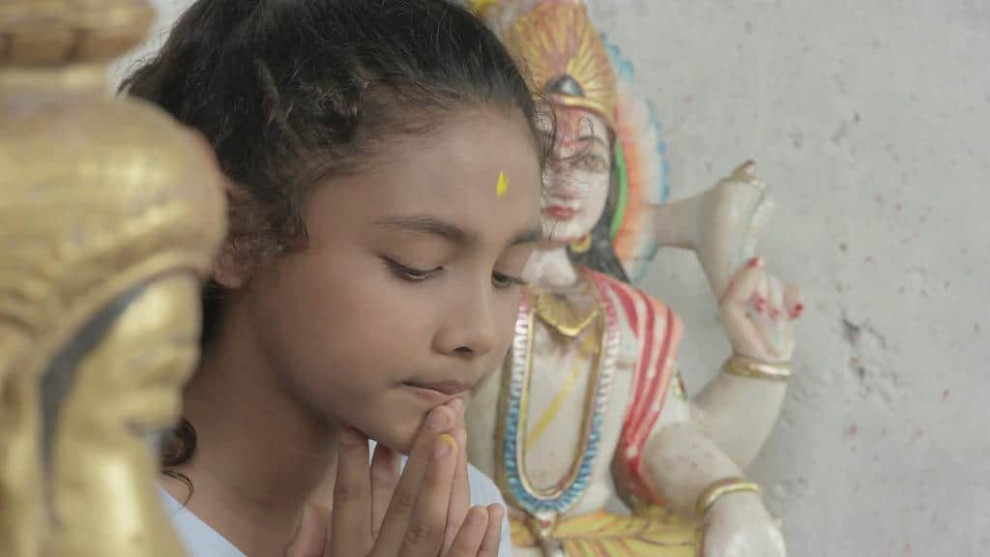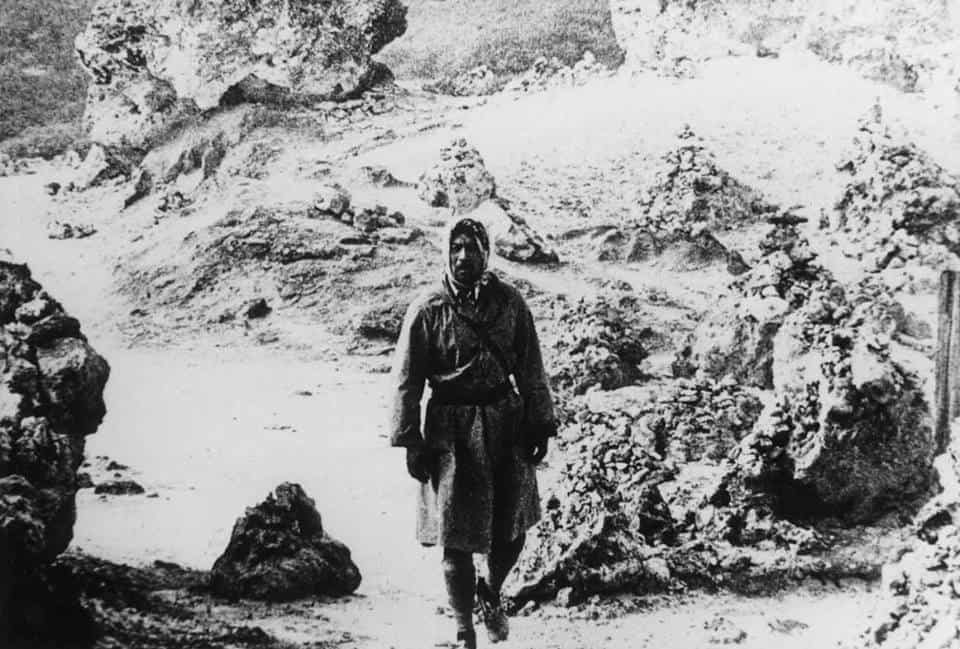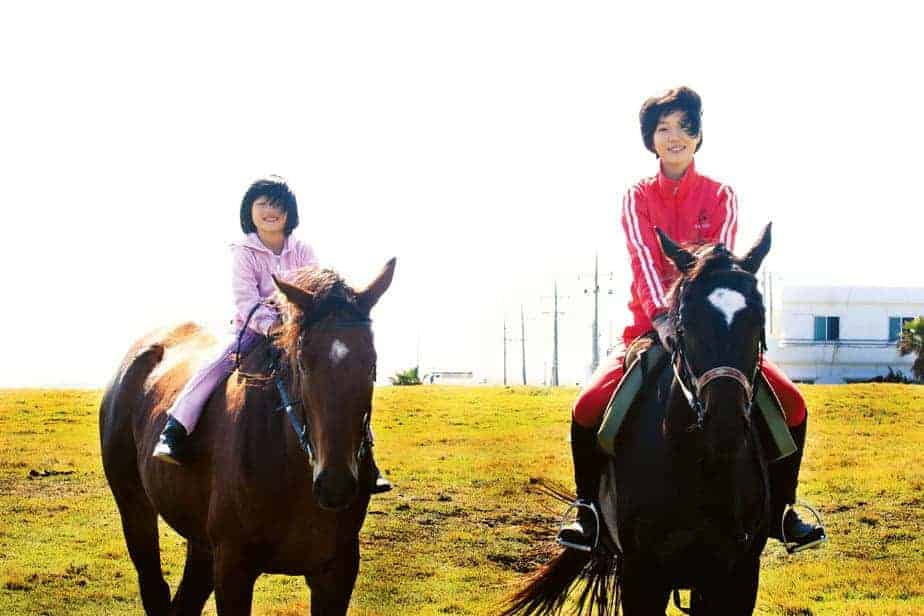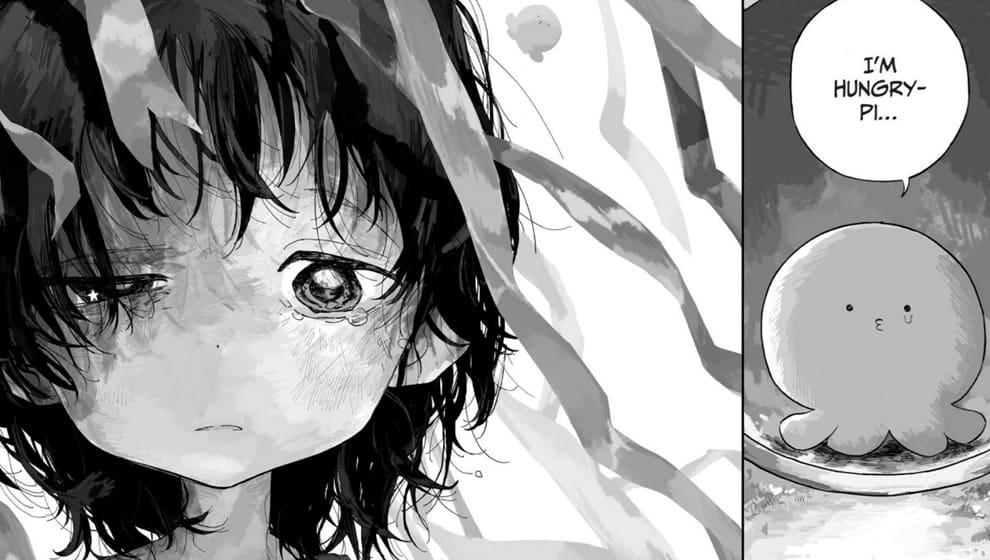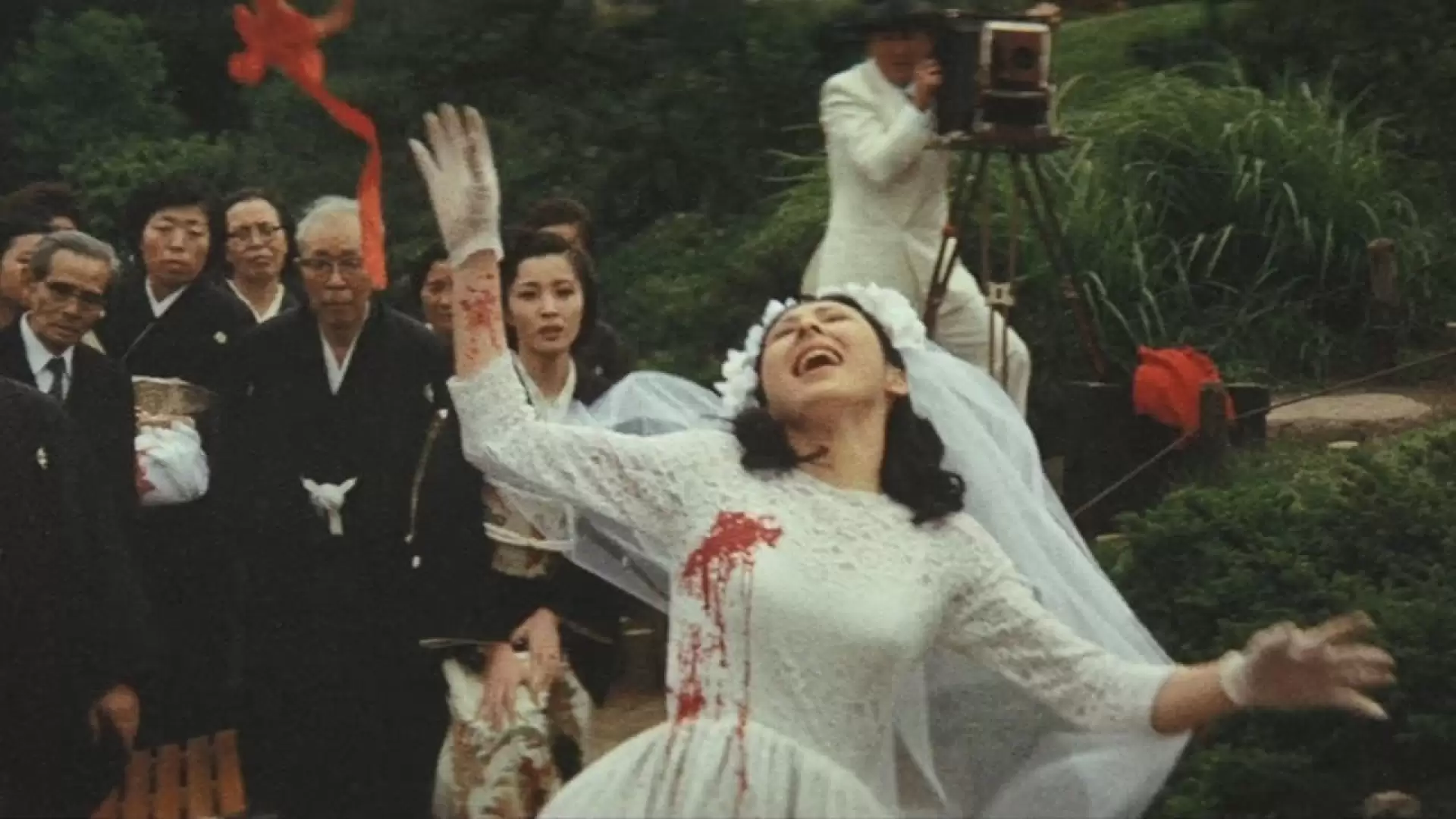Ever since the wave of mass immigration to Europe, the public's consciousness has been confronted with a recurring stream of images showing refugee camps, the stranded boast on shores or beaches, as well as the images of terrible tragedies. Few artists have dared to show the images of these camps, for example, Ai Weiwei in his documentaries “Human Flow” and “The Rest”. However, immigration and the dire conditions of people forced to leave their home has been a constant narrative in many countries in the world; for instance, for the Lhotsampa, Bhutanese people of Nepalese descent who were persecuted in Bhutan after they, along with many others, protested in favor of more democracy. Italian director Sergio Basso visited one of their camps in Nepal frequently over the course of ten years and finally decided to portray their daily life, their hardships, but also their will to confront these conditions in an unusual blend of documentary and musical.
The story of the movie revolves around 13-year-old Sarita who has been living in Khudunabari, a refugee camp in Nepal, all of her life. Her daily life consists of attending school but also many necessary chores, like getting water in one of the few public fountains on the compound. Lately, she has come to question the realities of her life, the stories of her teacher and those of her parents, resulting in quite a few heated arguments and being thrown out of class. Her quest for answers to why they cannot have a home and be like other, normal children or teenagers brings her to the temple where she prays to Shiva. Much to her surprise, the goddess answers, granting her the wish to finally find a home, but in return her memory will be erased.
While Sarita attempts to regain her lost memories, she walks through the camp in the following days, hearing stories of homesickness, frustration and trauma as a result of being incarcerated by the Bhutanese police in the 1990s, she also witnesses a change in the people. The news that the inhabitants of the camp will be resettled to Europe, the USA and Canada, divides people, with some of them being content with the idea while others demand more international pressure on their home country so they can get back. Eventually, her search for answers and her skeptical attitude towards resettlement does not only get Sarita into trouble with her parents, but also with those in charge of the camp.
According to Sergio Basso, it was during the rehearsal to a dance performance he witnessed by chance during his time in the camp, he had the idea to include elements of music and dance to his project. At first, any viewer might find the idea of combining the bleak images and narratives of the refugee camp with these elements weird, but in the end, it is these scenes that define not only the uniqueness of “Dimmi Chi Sono” since they also highlight youthfulness and boldness of the protagonists, asking if their normality can truly be called “normal”. Apart from the dance choreographies adding a dynamic element to the film and also being quite entertaining, especially in combination with the tongue-in-cheek-lyrics, they also deal with issues like the missing resources, equipment and overall future prospects for the people in the camp. Even though they have created a routine around these conditions, it is clear these young people like Sarita simply deny accepting these as normal, demanding a change.
Additionally, they are also incredibly humorous and satirical. Possibly one of the highlights of “Dimmi Chi Sono” is when a representative of the immigration office advertises the various places Sarita and her family could go to through a Broadway-like musical performance. Even Sarita comments on the exaggerated and hysterical quality of the performance, which seems to her like the monologue of a host from a shopping channel on TV.
Apart from the musical elements, the movie follows Sarita on her journey to regain her memory. Within Sergio Basso's script, this, at times overly didactic method, is also a means to inform about the history of the Lhotsampa and their struggles. However, the girl's constant insistence of answers and unwillingness to accept those she finds to be unsatisfactory refers to the overall theme of the movie, to finally make a change for these people.
In the end, “Dimmi Chi Sono” is an interesting, at times quite bold and bitter blend of musical and documentary. Sergio Basso tells the story of a girl demanding answers and makes up her own mind about her situation, highlighting the circumstances and living conditions of people who have been seemingly forgotten by the world.


